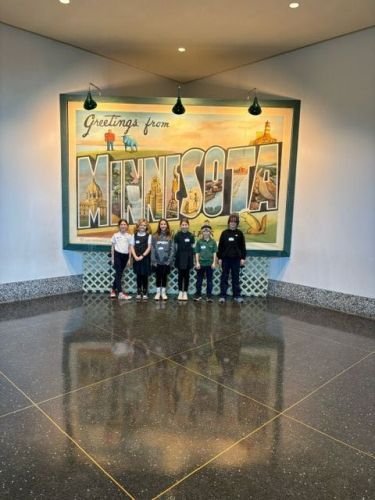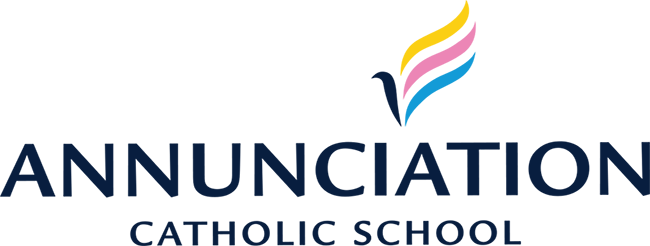
Fourth grade classes are more in-depth, requiring reading for meaning and showing comprehension in a variety of ways.
Curriculum Highlights
- A Minnesota Unit, which includes field trips to the History Center and Fort Snelling.
- Science: A hermit crab Unit.
- Math: Solve mathematical problems using arithmetic such as long division and use fraction models to add & subtract fractions with like & unlike denominators. We also use tables, bar graphs and Venn diagrams to display data.
- Mastery of Cursive Handwriting.
- Novel Studies and Reader’s Theater.
- Study of Ten Commandments, Beatitudes, and Corporal Works of Mercy.
